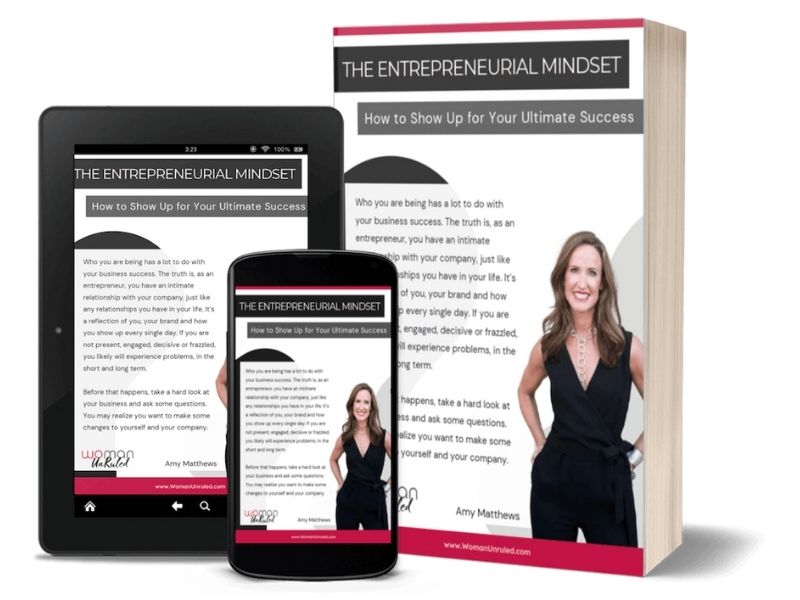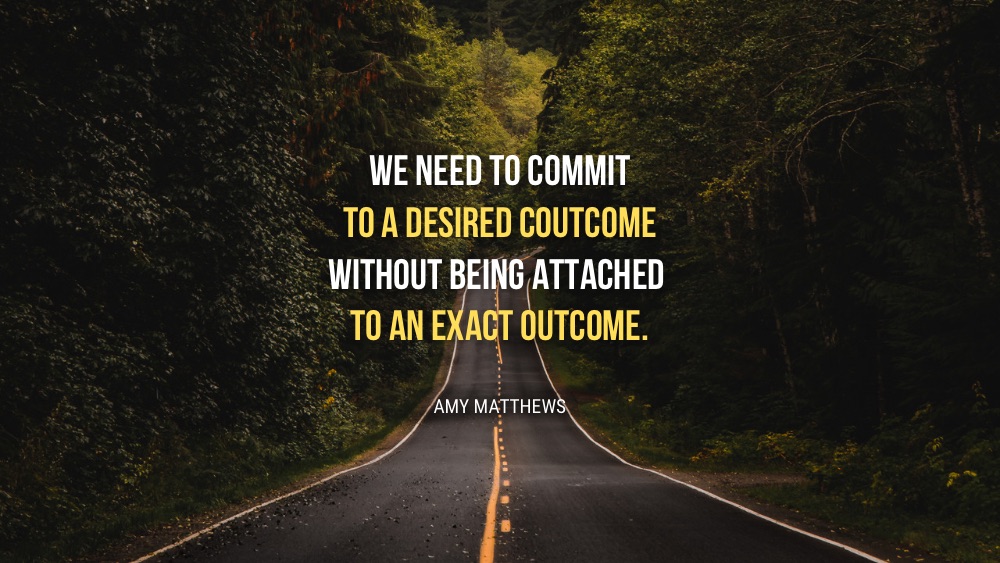
8 Ways a Career Transition Coach Can Fuel Your Job Search
In the ever-evolving job market, managers and leaders of all types find themselves in the challenging position of seeking new opportunities or wanting to make a change.
In fact, 75% of all Americans will be seeking a new job this year. Crazy, right?
No one on the planet likes looking for a new job. Navigating a career transition can feel daunting. Yet with the right guidance and support, you can significantly improve the outcome of your job search.
The right career transition coach can help you thrive while looking for your dream job. They will provide you with tools, strategies, and insights throughout the process and also help you flourish in your new role.
8 ways a career transition coach can help you up your job search game:
1. Discover your Strengths, Values, Passions and Purpose
A coach can help you identify your strengths, skills, values, and passions. Through self-assessment exercises and discussions, together, you will uncover what will make you happy professionally.
2. Clarifying Goals
Once you’ve discovered what truly matters to you, your coach will help you set clear and achievable goals. They’ll assist you in defining short-term and long-term objectives and plotting your course that you can follow during your job search.
3. Creating a Magnetic Resume
Your resume is often the first impression on potential employers. A coach can help you craft a compelling resume that highlights your relevant skills and accomplishments, making you stand out from others.
4. Optimizing Your LinkedIn Profile
Your LinkedIn profile is key for your visibility and connections.. A coach can provide expert guidance on how to create an attention-grabbing LinkedIn profile that attracts recruiters and hiring managers.
5. Personal Branding
A career transition coach can help you build a personal brand that communicates your unique value proposition. They’ll show you how to articulate your strengths and what sets you apart from the competition.
6. Interview Preparation + Role Play
A coach can help you refine your interview skills, provide mock interview sessions, and offer constructive feedback to boost your confidence and performance during interviews.
7. Networking Strategies
We all know the power of networking. A coach can teach you effective networking strategies and leverage your existing connections to uncover hidden job opportunities.
8. Motivation and Emotional Support
The primary function of a coach is to help you stay focused, maintain a positive mindset, and overcome the ups and downs that can come up throughout your job search journey.
So why invest in a career transition coach? It’s an investment in your future. Working with a career transition coach will result in saving you time and frustration and ultimately help you land a more fulfilling and higher-paying position.
If you’re a manager or executive considering a career change or simply want to enhance your job search strategy, consider partnering with me for your job search. I’ll empower you to make aligned decisions, maximize your potential, and uplevel your professional life.
To determine if working with me is a smart move, book a complimentary clarity call with me here.








